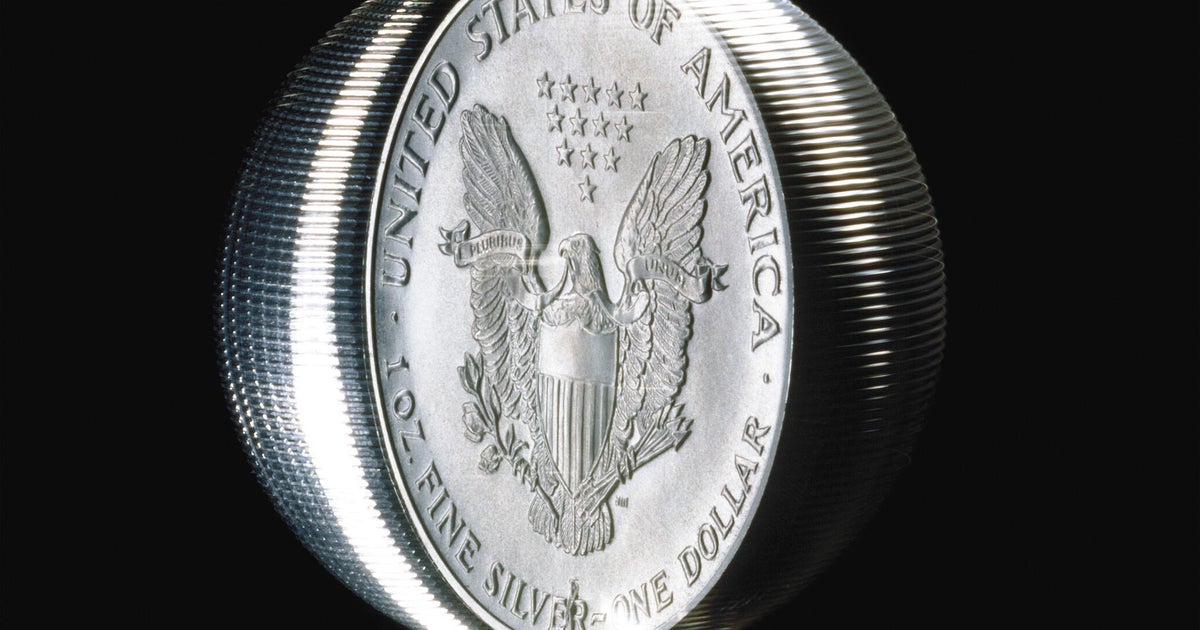Canceling your hotel reservation? Better act fast
Hotel chains might want to be your home away from home, but they're getting stingier about it.
Two major hotel chains -- Marriott and Hilton -- are now requiring at least 48 hour advance notice of a cancellation. Intercontinental Hotels Group, which owns Holiday Inn and Crowne Plaza, is instituting a 24-hour cancellation policy -- that may seem lenient compared with the other chains, but it reflects a switch from the company's previous policy of allowing travelers to cancel as late as the afternoon on the day of check-in.
Hotel chains are responding to changes in how consumers book and shop for rooms, with price-comparison sites making it easy to keep track of room rates. When a room price at a competing hotel drops, for instance, a consumer might cancel their existing reservation and rebook elsewhere. Because of the stricter cancellation policies, travelers should always make sure they read the fine print before booking, said Zach Honig, editor-in-chief of ThePointsGuy, a travel and credit-card rewards site.
"It ultimately affects everyone, especially on the occasions when you have a delayed flight and don't arrive the day you thought you would," Honig said. "If you got there a day late, you could give the hotel a call. Now that's not the case with a lot of these hotel chains."
Marriott put its stricter cancellation policy into effect on June 15, which affects reservations made on or after that date. Guests need to cancel within 48 hours or else face a fee, the company said. The hotels include its properties in the U.S., Canada, the Caribbean and Latin America, except for the MVW and Design Hotel Brands.
Hilton notified its hotels earlier this month that it would adopt a similar policy, starting July 31, for reservations made on or after that date. Intercontinental Hotels said its customers will have a 24-hour window before arrival to cancel their reservations, while noting that its Kimpton Hotels brand won't change its 48-hour cancellation policy.
Some business travelers are decrying the move, with the Business Travel Coalition saying that six of 10 travelers it polled are likely to avoid booking at Marriott properties. "The policy change seems to some as a huge overreach and particularly burdensome for business travelers, who have little to no control over when a customer or prospective customer cancels a meeting the day before," the group said in a statement.
In part, the change of policy is a result of hotels trying to protect themselves from people who book rooms without knowing for sure if they really need it, such as if they think they might be attending a conference or family event and want to secure a room just in case. From the hotel's point of view, receiving a 48-hour notice of cancellation improves their chance that they can resell the room and avoid a loss, Honig said.
While it may seem like an odd step given increasing competition from the likes of Airbnb and other home-rental services, some of those sites have even more restrictive cancellation policies. Airbnb hosts can set their own cancellation policies, including one termed "super strict 60 days," which means a renter will receive only half of their rental fee if they cancel before 60 days before arrival.
The bottom line, Honig said, is that travelers need to be more aware of the fine print and make a point of reading hotel policies before booking. Travelers using frequent-flier miles or rewards points for hotel bookings may also incur different rules, so he advises consumers to also research those policies before booking.
"Marriott and Hilton are two of the largest chains, so I would imagine others would follow suit," he said. "We'll see this quietly rolled out."



